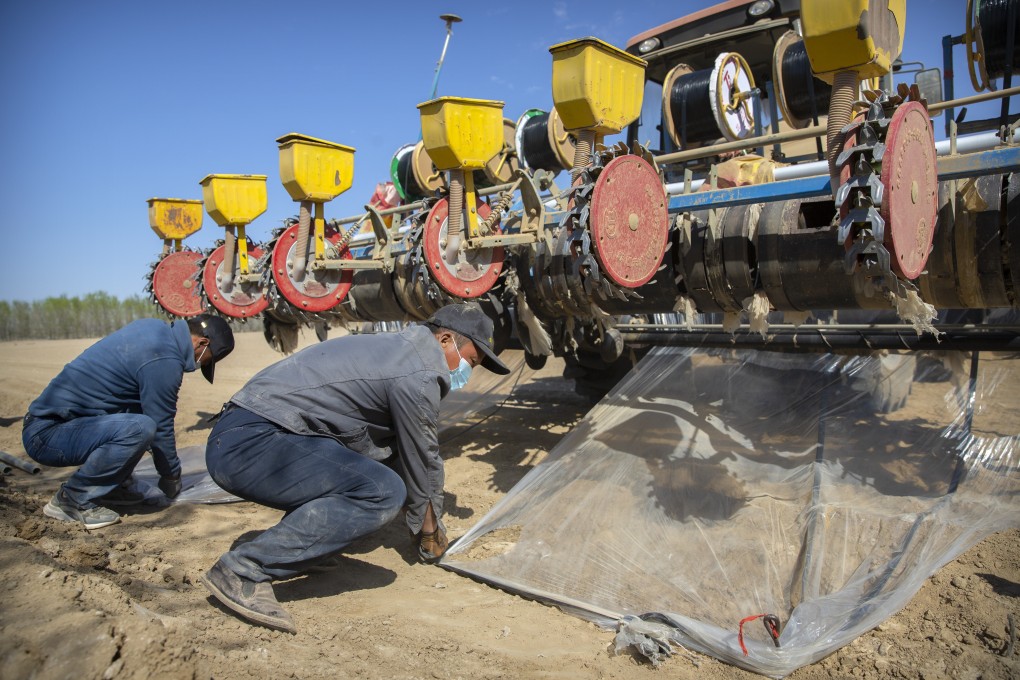Advertisement
Xinjiang’s exports to the EU boom, despite political concerns over forced labour
- The bloc’s imports of products from the region rise 131 per cent in the first six months, according to an assessment of Chinese customs data
- Some volatility in figures to be expected but debate on labour appears to be having little impact, analysts say
Reading Time:4 minutes
Why you can trust SCMP
42

The European Union’s imports from Xinjiang more than doubled over the first half of this year, despite concerns over the use of forced labour in the western Chinese region.
Shipments to the EU rose by 131 per cent year on year in the first six months, compared with a 35 per cent increase in exports from China as a whole to the bloc, according to calculations by the South China Morning Post, based on Chinese customs data.
The strong exports were led by some commodities – including tomato-based products, cotton goods, components for artificial fibres, and wind power equipment – that the US and campaigners have linked with forced labour in Xinjiang.
Advertisement
The EU has not banned such imports but it is drawing up a supply chain due diligence plan to restrict the flow of goods made using forced labour into the market. A first draft is expected later this year.
China has repeatedly denied the allegations of forced labour and any other form of human rights abuses in Xinjiang, claiming that it has established vocational training centres in the region to improve the employment prospects of members of the region’s Uygur ethnic community.

02:06
Biden says G7 leaders agreed to call out China over human rights abuses in Xinjiang and Hong Kong
Biden says G7 leaders agreed to call out China over human rights abuses in Xinjiang and Hong Kong
While the huge leap could be partly due to the disruption to trade caused by the coronavirus pandemic, exports were also up 103.5 per cent on the same time in 2019, before Covid-19 hit.
Advertisement
Select Voice
Choose your listening speed
Get through articles 2x faster
1.25x
250 WPM
Slow
Average
Fast
1.25x